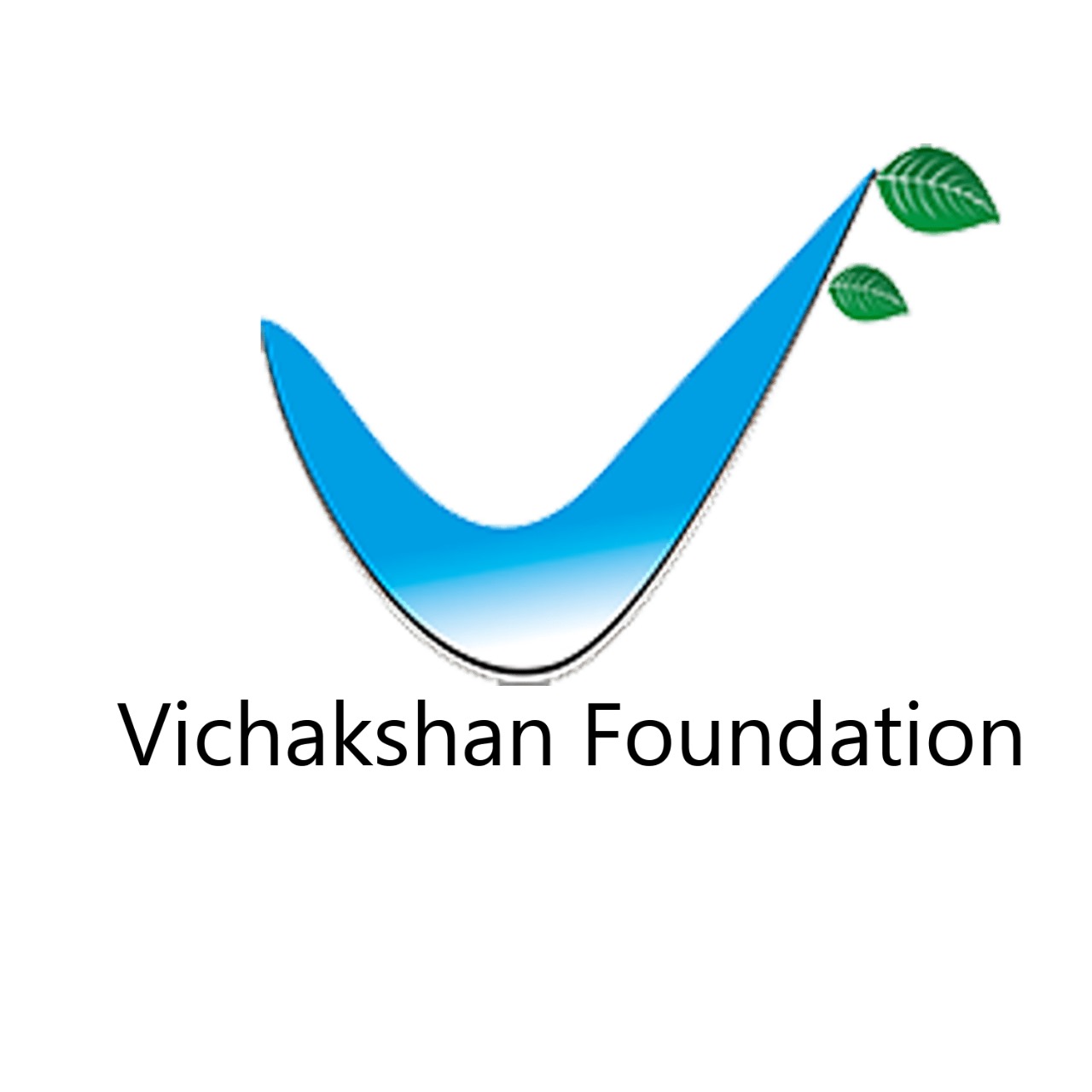Family Planning

Family planning is a vital aspect of reproductive health and individual empowerment that enables individuals and couples to make informed decisions about the timing and spacing of pregnancies. It involves access to a range of contraceptive methods, education, and healthcare services to support these choices. Effective family planning not only contributes to improved maternal and child health but also plays a significant role in poverty reduction and sustainable development.
By allowing individuals to plan and decide the size of their families, family planning promotes gender equality and economic stability. It empowers women to pursue education, careers, and other life goals while supporting men in shared responsibility. Accessible family planning services contribute to healthier communities, as they reduce the risk of unintended pregnancies and maternal mortality. Comprehensive family planning programs are essential for achieving global development goals and ensuring the well-being of individuals and societies.
News Paper Articles



Media Gallery

Associated Partners






